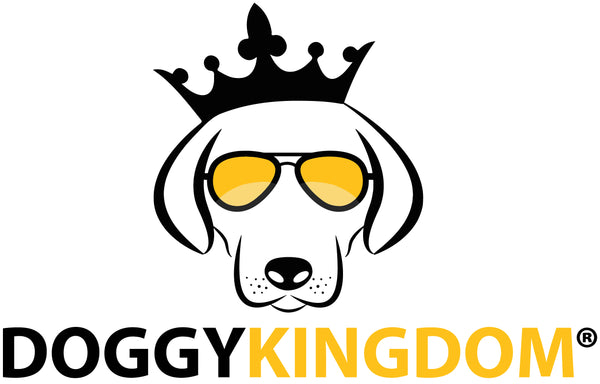7 Pet Food Trends to Discuss With Your Vet Before You Try
Share
As a pet owner, you want to make sure that your furry friend is receiving the best possible care, including their diet. With so many pet food options available on the market, it can be challenging to know what to feed your pet.
To help you navigate this complex world of pet food, we've compiled a list of seven pet food trends that you should discuss with your veterinarian before trying.
1. Raw Food Diets
Raw food diets have become increasingly popular among pet owners in recent years, with many claiming that these diets provide numerous health benefits for their pets.
It's important to discuss this trend with your veterinarian before feeding your pet raw food.
Raw diets can increase the risk of bacterial contamination and nutrient deficiencies, and may not be appropriate for all pets, especially those with compromised immune systems or health issues.
2. Grain-Free Diets
Grain-free diets have also gained popularity among pet owners, with many believing that these diets are healthier for their pets. Recent studies have shown that grain-free diets may increase the risk of heart disease in dogs. Talk to your veterinarian about the benefits and risks of a grain-free diet for your pet.
3. Plant-Based Diets
Plant-based diets, also known as vegetarian or vegan diets, have become a popular trend among pet owners. While these diets may be suitable for some pets, they may not provide all the nutrients that pets need to thrive.
Consult with your veterinarian to determine if a plant-based diet is appropriate for your pet and how to ensure they receive all the necessary nutrients.
4. Limited Ingredient Diets
Limited ingredient diets are designed to minimize the number of ingredients in your pet's food, making it easier to identify and eliminate potential food allergens.
These diets may be suitable for pets with food allergies or intolerances, but it's important to work with your veterinarian to ensure that your pet is still receiving all the necessary nutrients and doesn't reqiuire additional protient, vitamins, and minerals to better meet his needs.
5. Home-Cooked Diets
Home-cooked diets have become increasingly popular as pet owners seek to provide their pets with fresh, healthy food. However, it's important to consult with your veterinarian before feeding your pet a home-cooked diet. These diets can be difficult to balance properly, and may not provide all the necessary nutrients that pets need to thrive.
6. Supplements
Supplements have become a popular trend in the pet food industry, with many pet owners adding supplements to their pet's diet to address specific health concerns. Always discuss any supplements you are considering with your veterinarian to ensure that they are safe and appropriate for your pet.
7. Prescription Diets
Prescription diets are specially formulated to address specific health conditions in pets, such as kidney disease, diabetes, or obesity. These diets may be recommended by your veterinarian as part of a treatment plan for your pet. Take the time to accurately follow your veterinarian's recommendations and not make any changes to your pet's diet without consulting with them first.
There are many pet food trends available on the market today, but it's important to discuss any changes to your pet's diet with your veterinarian. Your veterinarian can help you determine what type of diet is appropriate for your pet based on their age, health, and nutritional needs.
Remember, your pet's health and well-being are your top priority, and proper nutrition is essential to their overall health and happiness.



